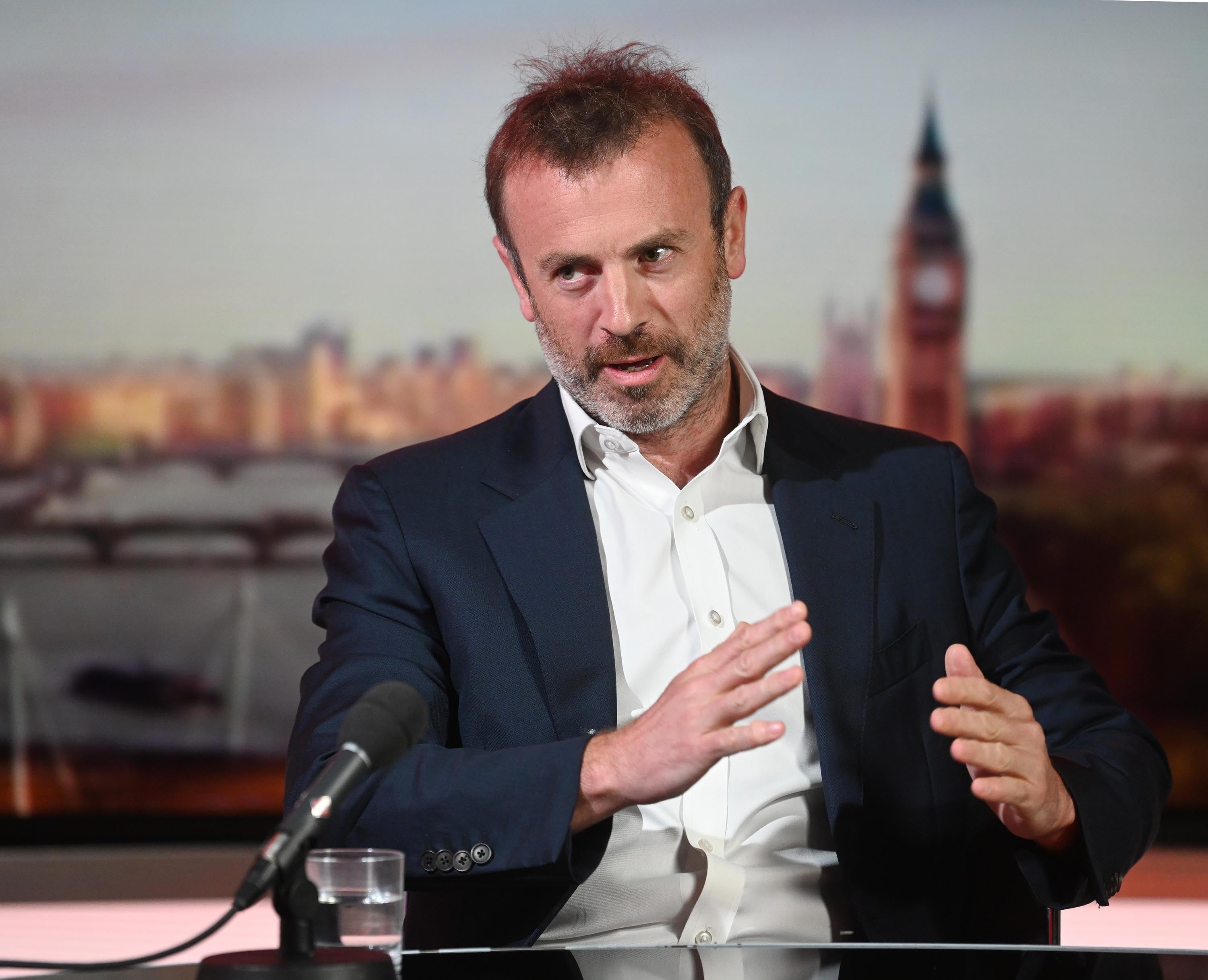Union demands Ovo explains millions paid out in brand royalty fees
Company boss Stephen Fitzpatrick said the brand licencing agreement is a ‘common commercial agreement’.

Your support helps us to tell the story
From reproductive rights to climate change to Big Tech, The Independent is on the ground when the story is developing. Whether it's investigating the financials of Elon Musk's pro-Trump PAC or producing our latest documentary, 'The A Word', which shines a light on the American women fighting for reproductive rights, we know how important it is to parse out the facts from the messaging.
At such a critical moment in US history, we need reporters on the ground. Your donation allows us to keep sending journalists to speak to both sides of the story.
The Independent is trusted by Americans across the entire political spectrum. And unlike many other quality news outlets, we choose not to lock Americans out of our reporting and analysis with paywalls. We believe quality journalism should be available to everyone, paid for by those who can afford it.
Your support makes all the difference.A union has demanded an energy company on the verge of making more than a thousand of its staff redundant explain why it made around £40 million in loans and payments to other firms owned by its boss.
Unite has said its research showed nearly £20 million from Ovo has been loaned to a number of companies owned by Stephen Fitzpatrick, while £21 million has been paid out to Imagination Industries, the energy firm’s parent company, for brand royalty fees.
Ovo said it did not recognise the £40 million figure given by the union, and Mr Fitzpatrick said the brand licencing agreement is a “common commercial agreement put in place to protect brand ownership” and that Imagination Industries has “already reinvested these funds into founding several new businesses”.
But SNP MP Pete Wishart whose constituents will be impacted by the closure of its Perth office, said the research raises “serious concern”.
“There is more than enough in the Unite research to raise serious concern about Ovo’s accounts,” said the MP for Perth and North Perthshire.
“Ovo needs to be transparent about its books when one in four jobs face the axe. Ovo simply cannot ignore this.”
And Sharon Graham Unite general secretary, said it “shows there are a lot of questions that need answering about Ovo’s accounts”.
Mr Fitzpatrick has hit back at the claims, and said he still believes the “UK is a great place to do business”.
“I am proud of the companies that Imagination Industries has founded and invested in, creating high skilled jobs in the UK as well as attracting hundreds of millions of pounds of investment from overseas,” he said.
“I founded Ovo Energy with my own savings in 2009 and still own more than 60% of the company.
“The Ovo brand licencing agreement was set up in 2014, as we prepared for external investment and is a common commercial agreement put in place to protect brand ownership.
“The licence fee is budgeted for annually as a normal business charge and has been referenced in all of our accounts filed at Companies House over the last eight years.
“Imagination Industries pays full UK taxes on its licence fee income, and has already reinvested these funds into founding several new businesses, including Vertical Aerospace, an electric aircraft company based in Bristol.
“All investments have been made in UK companies – most in the zero carbon sector.”
Earlier this month, Ovo said 1,700 jobs would be cut by the energy firm, and it would reduce the number of offices from 10 to three.
The cuts represent a quarter of the number of employees at Ovo, which has around 4.5 million customers across the UK.
Ovo said it is also increasing its minimum wage by 15% to £12 an hour, giving a pay rise for 1,000 employees.
The company added it will reverse the policy of offshoring from the previous owner and create more high-skilled jobs in the UK, and open a new Ovo Academy in Glasgow.
Around 1,000 call centre staff will be trained to become zero-carbon living advisers, with specialist knowledge of green home products and technologies from tariffs to making homes more energy efficient.
The three remaining offices will be in Bristol, Glasgow and London, while more employees will be supported to work flexibly from home should they wish.